On windows, the programmer could do something like: system("ls > outputFile.txt")
Is there a platform independent way to access the command line, or a least a way to determine which platform the program is being executed on (because calls for the same functionality vary quite a bit)?
